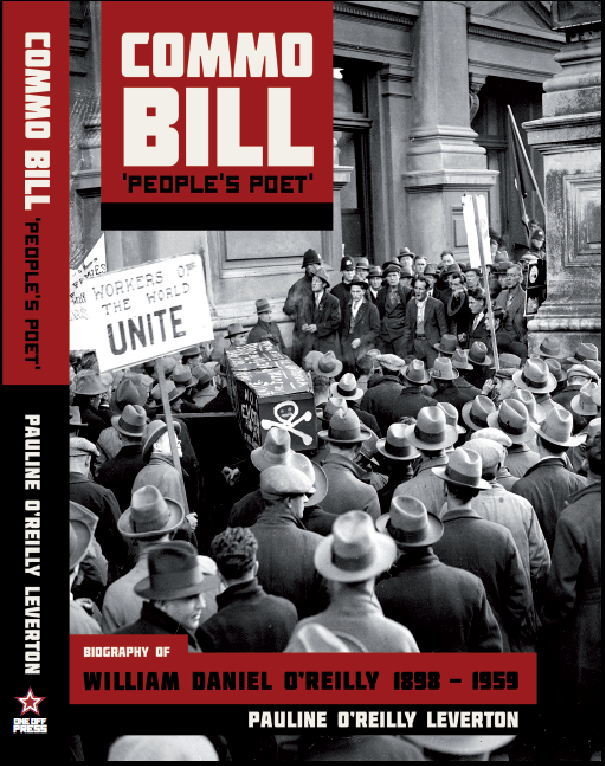Sixty years ago, on 14th February 1951, the New Zealand Waterside Workers Union implemented an overtime ban in support of their wage claim against the cartel of British shipping companies who controlled the most of New Zealand's wharves.
 An overtime ban was considered the most appropriate form of industrial action because, although in theory the basic working week was forty hours, in practice the men typically worked sixty to eighty hours a week just to earn a living wage. The shipping companies immediately responded by putting all the men on a two-day penalty for collectively refusing overtime. They were arguably entitled to do under the government regulations at the time. On 19th February, the shipping companies went further: they posted notices insisting that each individual worker agree in advance to accept whatever hours of work were offered for a day, in advance of the worker being engaged for the day. As overtime was not usually announced until several hours into the working day, this meant workers would have to accept in advance to work for a day whose hours were not known. This explicitly contravened the same government regulations. The workers refused to comply with this new unilaterally-declared condition and rightly considered themselves to have been locked out. That is why this article is about the waterside lockout, not the waterside strike.
An overtime ban was considered the most appropriate form of industrial action because, although in theory the basic working week was forty hours, in practice the men typically worked sixty to eighty hours a week just to earn a living wage. The shipping companies immediately responded by putting all the men on a two-day penalty for collectively refusing overtime. They were arguably entitled to do under the government regulations at the time. On 19th February, the shipping companies went further: they posted notices insisting that each individual worker agree in advance to accept whatever hours of work were offered for a day, in advance of the worker being engaged for the day. As overtime was not usually announced until several hours into the working day, this meant workers would have to accept in advance to work for a day whose hours were not known. This explicitly contravened the same government regulations. The workers refused to comply with this new unilaterally-declared condition and rightly considered themselves to have been locked out. That is why this article is about the waterside lockout, not the waterside strike.



 An overtime ban was considered the most appropriate form of industrial action because, although in theory the basic working week was forty hours, in practice the men typically worked sixty to eighty hours a week just to earn a living wage. The shipping companies immediately responded by putting all the men on a two-day penalty for collectively refusing overtime. They were arguably entitled to do under the government regulations at the time. On 19th February, the shipping companies went further: they posted notices insisting that each individual worker agree in advance to accept whatever hours of work were offered for a day, in advance of the worker being engaged for the day. As overtime was not usually announced until several hours into the working day, this meant workers would have to accept in advance to work for a day whose hours were not known. This explicitly contravened the same government regulations. The workers refused to comply with this new unilaterally-declared condition and rightly considered themselves to have been locked out. That is why this article is about the waterside lockout, not the waterside strike.
An overtime ban was considered the most appropriate form of industrial action because, although in theory the basic working week was forty hours, in practice the men typically worked sixty to eighty hours a week just to earn a living wage. The shipping companies immediately responded by putting all the men on a two-day penalty for collectively refusing overtime. They were arguably entitled to do under the government regulations at the time. On 19th February, the shipping companies went further: they posted notices insisting that each individual worker agree in advance to accept whatever hours of work were offered for a day, in advance of the worker being engaged for the day. As overtime was not usually announced until several hours into the working day, this meant workers would have to accept in advance to work for a day whose hours were not known. This explicitly contravened the same government regulations. The workers refused to comply with this new unilaterally-declared condition and rightly considered themselves to have been locked out. That is why this article is about the waterside lockout, not the waterside strike.